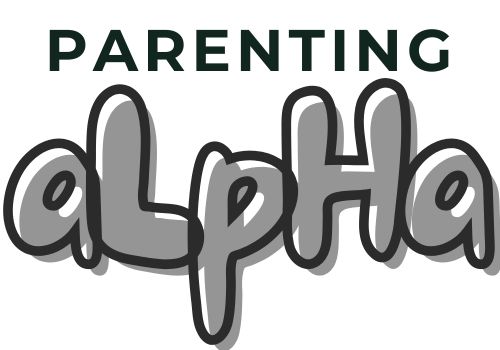Parenting is the process of raising and nurturing children to become responsible and independent adults. It involves providing emotional, physical, and intellectual support through different stages of development. To do this correctly, parents may adopt different parenting styles, each with its own approaches and effects on children.
The four most common types of parenting styles include:
Besides the four, there is another style known as helicopter parenting, which has gotten communities talking in recent years.
As parents, we all have our unique approaches to raising our children. Some may prefer a more authoritative approach, while others may choose to be more permissive.
At the end of the day, the way we raise our children has a significant impact on their development and future success. It will impact how they live, socialize, and work.
In this article, we’ll take a closer look at these parenting differences and see how they can affect our children’s lives.
1. Authoritarian Parenting
Authoritarian parenting is characterized by strict rules and high expectations. Parents who adopt this approach often demand obedience from their children and may use punishment as a meanss of discipline.

While authoritarian parenting may have some benefits, such as creating structure and discipline. It can also have negative effects on children. Studies have shown that children raised in authoritarian households may be more prone to anxiety, depression, and low self-esteem.
2. Permissive Parenting
Permissive parenting is the opposite of authoritarian parenting. Parents who adopt this approach may be more lenient with their children and may avoid setting strict rules or boundaries.

People often associate this type of parenting with a more relaxed and care-free approach.
While permissive parenting may be more enjoyable for children in the short term, it can have negative consequences in the long run. Children raised in permissive households may struggle with self-control, have difficulty following rules and may lack self-discipline.
3. Authoritative Parenting
Authoritative parenting is often seen as the ideal parenting style. This approach is characterized by a balance between strict rules and nurturing support.

Parents who adopt this approach may set high expectations for their children but also provide the support and guidance they need to achieve those goals.
Studies have shown that children raised in authoritative households tend to be more confident, self-reliant, and successful. People associate this type of parenting with positive outcomes. They include better academic performance, improved social skills, and higher self-esteem.
4. Uninvolved Parenting

Parents who adopt this approach may neglect their children’s emotional and physical needs and may fail to provide the necessary support and guidance. People often associate this type of parenting with neglect or abandonment.
Children raised in uninvolved households may struggle with emotional and behavioral problems, such as depression, anxiety, and poor academic performance.
They may also have difficulty forming healthy relationships and may struggle with self-esteem issues.
5. Helicopter Parenting
Helicopter parenting is a term used to describe parents who are overly involved in their children’s lives. These parents may constantly hover over their children, monitor their every move, and micromanage their activities.

People often see this approach as overprotective, which can lead to negative consequences.
Children raised in helicopter households may struggle with independence and self-confidence. They may also have difficulty making decisions on their own and may be more prone to anxiety and stress.
What is Your Parenting Style?
The way we parent our children can have a significant impact on their development and future success. While there is no one-size-fits-all approach to parenting, it’s essential to be aware of the different types of parenting styles and their potential effects on our children.
By adopting a balanced and nurturing approach, we can help our children become confident, self-reliant, and successful individuals.





Leave a Reply